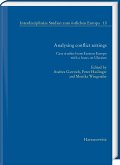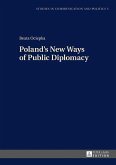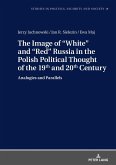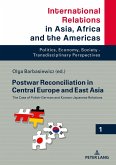According to general Realist premises, after the end of the Cold War, the United States took an interest in remaining the only super power. Accordingly, it was attempting to maintain and manage unipolarity. The pursuit of this Grand Strategy, however, required the U.S. to adapt its various strategies to the various receiving states. Poland, Ukraine, and Belarus played very unalike roles in that configuration: Whilst Poland was labeled "America's best friend" by President George W. Bush, Belarus was not seeking alignment with the U.S., whereas Ukraine-U.S. relations were subject to many ups and downs. The three countries' diverging attitudes towards Washington led to very different policy approaches from a U.S. vantage point. As this study shows, the U.S. did not have an overall strategy for the region. Rather, Washington managed its relations with European states through a set of mainly bilateral relations. Madeleine Albright once described the tools of foreign policy as including "everything from kind words to cruise missiles". This book is a comparative case study of the United States' use of these tools in its approaches towards Poland, Ukraine, and Belarus after the end of the Cold War. As the "only remaining superpower", Washington played a key role in the formation of post-communist Central and Eastern Europe. Yet, its actions and policies have received comparatively little attention. This book contributes to filling that gap by providing three in-depth case studies.








